The World Bank has dropped its economic growth forecast for Sub-Saharan Africa by 0.4 percent due to Sudan's ongoing civil war, which has ravaged its economy.
Lowered from a forecast of 3.4 percent to 3 percent, next year's outlook is much higher at 3.9 percent—compared to the 2.4 percent forecast of 2023.
What You Need to Know
The Bank's report, 'Africa Pulse', highlighted that floods, droughts, natural disasters, and conflicts in Sub-Saharan Africa are placing it's economic situation at risk, additionally noting however the negative impact of the COVID-19 pandemic on commodity prices in the continent.
High debt, inflation, and high taxes as a result of high debt—as seen in Kenya—has worsened the situation in many nations.
Despite this, the Bank's Chief Africa Economist, Andrew Dabalen, claimed that "This is still a recovery that is basically in slow gear."
In it's report, the Bank highlighted a 0.7 percent growth forecast for South Africa, the region's largest economy, which has continued to struggle with rolling blackouts and water outages.
Sudan in Particular
The Sudanese civil war has its roots in the ousting of President Omar al-Bashir in April 2019 in a joint move by the paramilitary Rapid Support Forces (RSF) and Sudanese Armed Forces (SAF), which resulted in a power struggle between the RSF's Mohamed Hamdan 'Hemedti' Daglo and the SAF's Abel Fattah Burhan.
A series of attempts to transition to civilian rule followed, with each attempt being delayed by both Hemedti and Burhan.
In December 2020, following pressure from the United States, the United Kingdom, Saudi Arabia, and the United Arab Emirates, the two de facto leaders signed a deal to implement a transitional government in April 2023.
As part of the deal, the RSF was to be integrated into the SAF over a two-year period. However, Dagalo sought to integrate his forces into the SAF over a ten-year period.
Sudan's current conflict is a result of this disagreement between Hemedti and Burhan and has since resulted in the displacement of nearly 8 million Sudanese civilians.
As such, the nation's economy has suffered greatly, with the economy shrinking by 40 percent since last year. Sudan's finance minister, speaking in August, claimed state revenue had dropped 80 percent due to the civil war, with much of the fighting centered around the nation's capital, Khartoum.
Southwards, drought and famine have devastated crops and livelihoods, with Southern Africa facing one of the worst El Niño-induced drought cycles in modern times. Attempting to alleviate the situation, Namibia and Zimbabwe have begun culling their wildlife populations in order to feed the starving rural populations, with 723 elephants, hippos, and zebras culled in Namibia and nearly 200 elephants set to be culled in Zimbabwe.
The cullings come even as the World Food Programme and USAID maintain presences in both nations.
Elsewhere, conflict ravages, particularly in the Democratic Republic of the Congo, which is currently witnessing a staggering MPOX outbreak, most within its many internally displaced peoples camps.



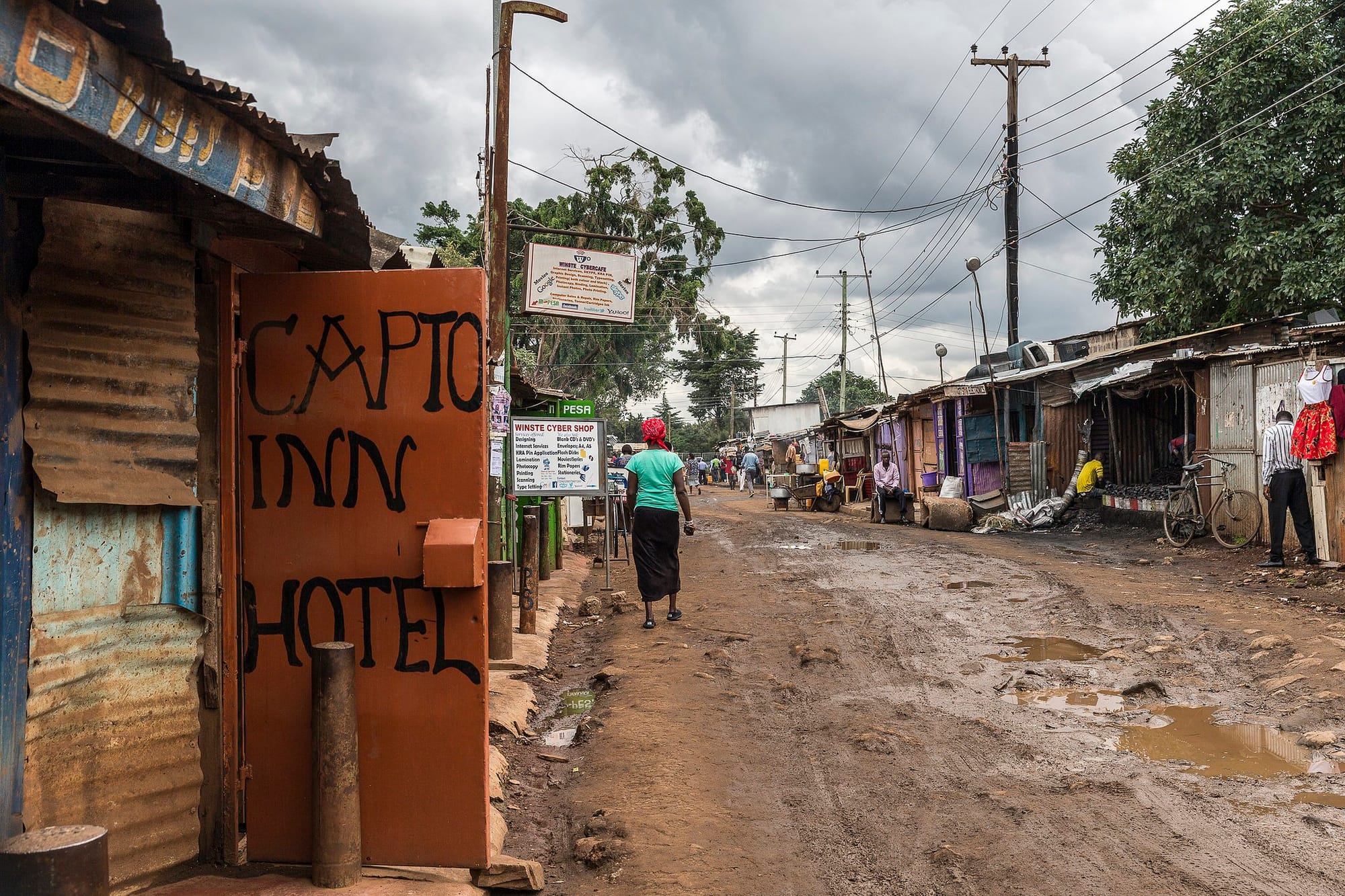



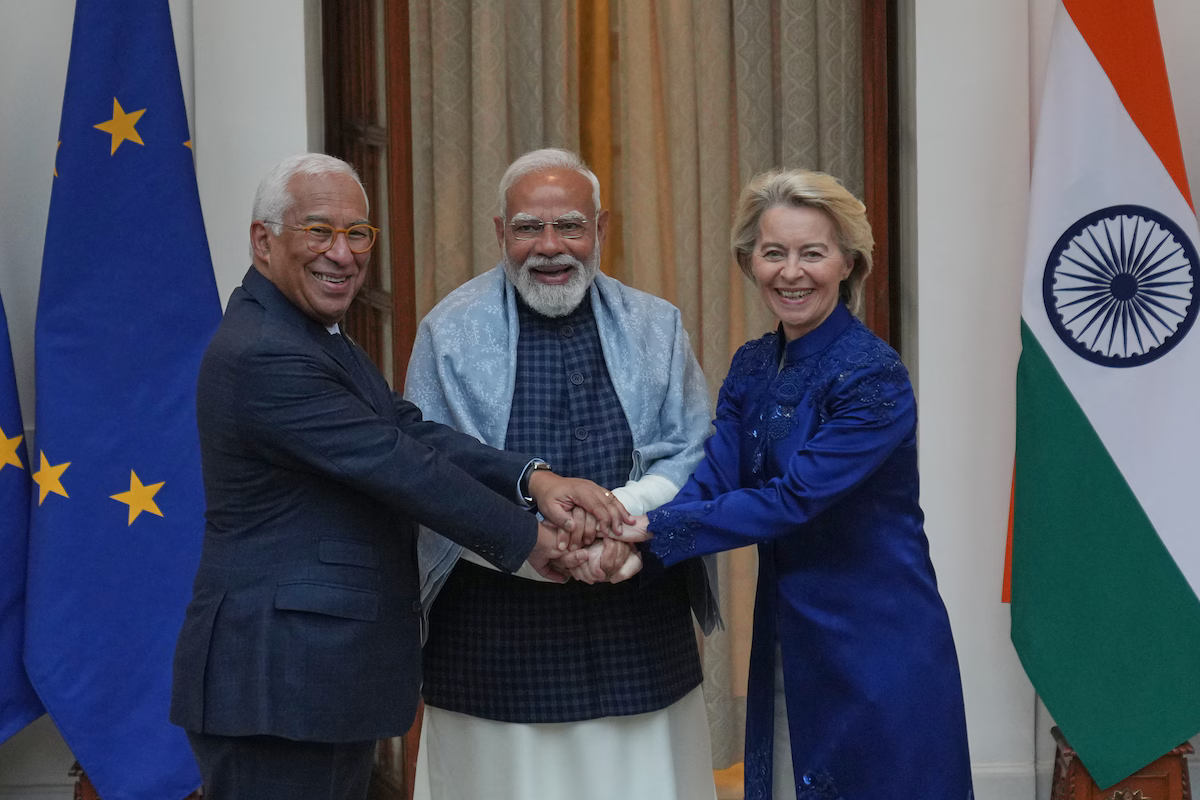

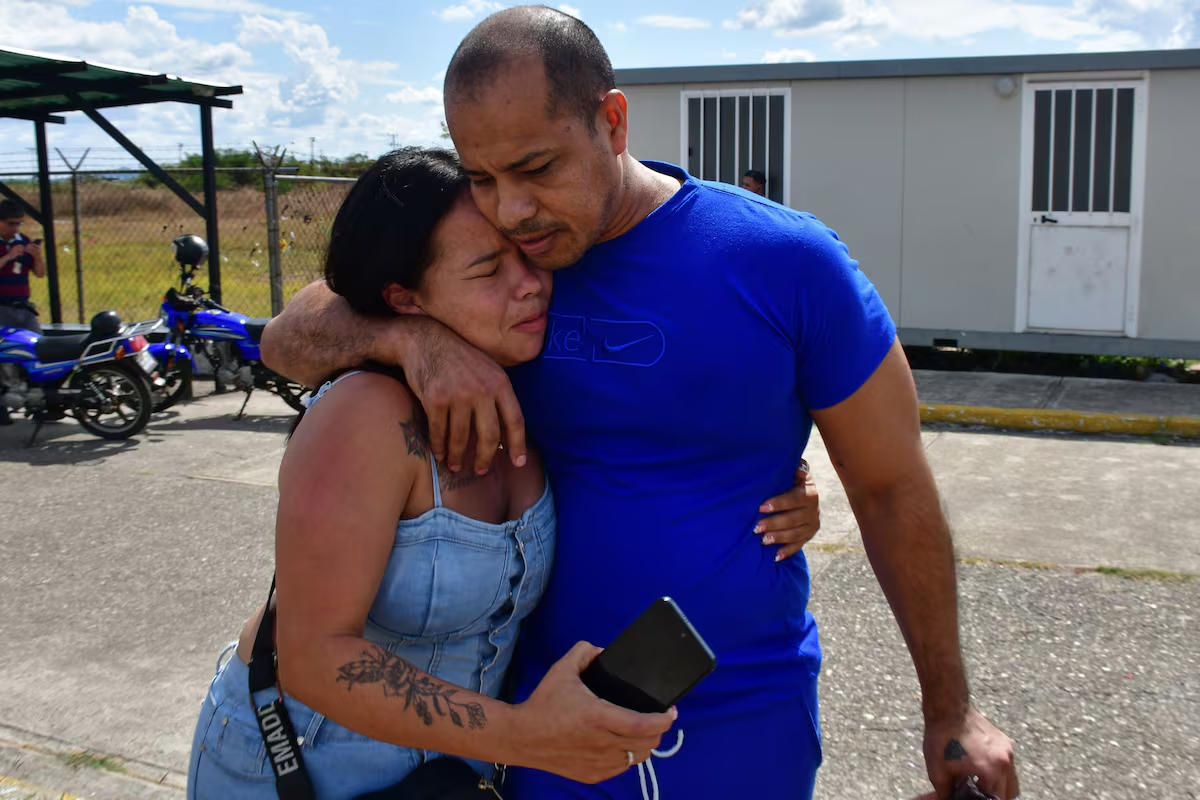

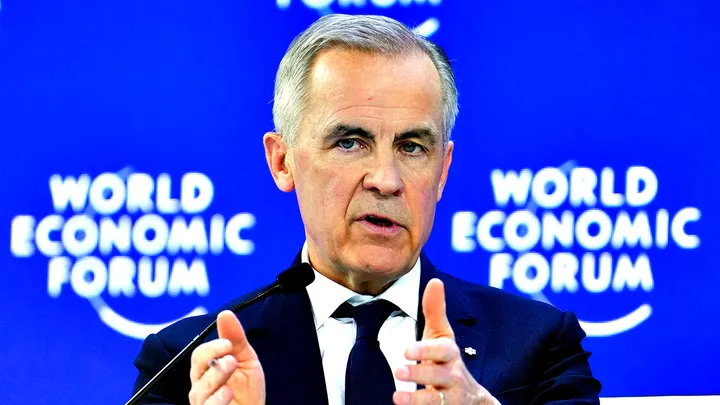
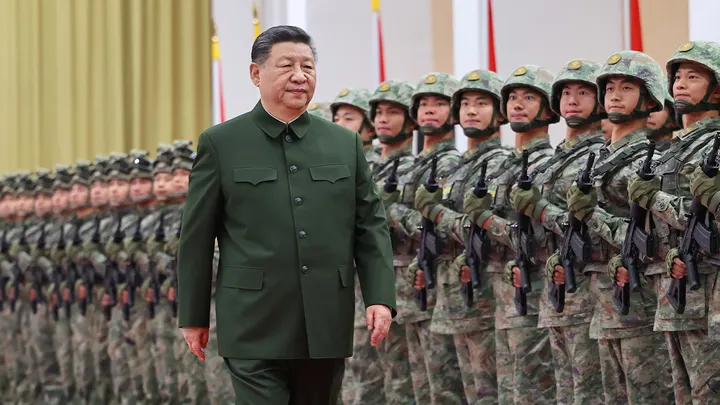

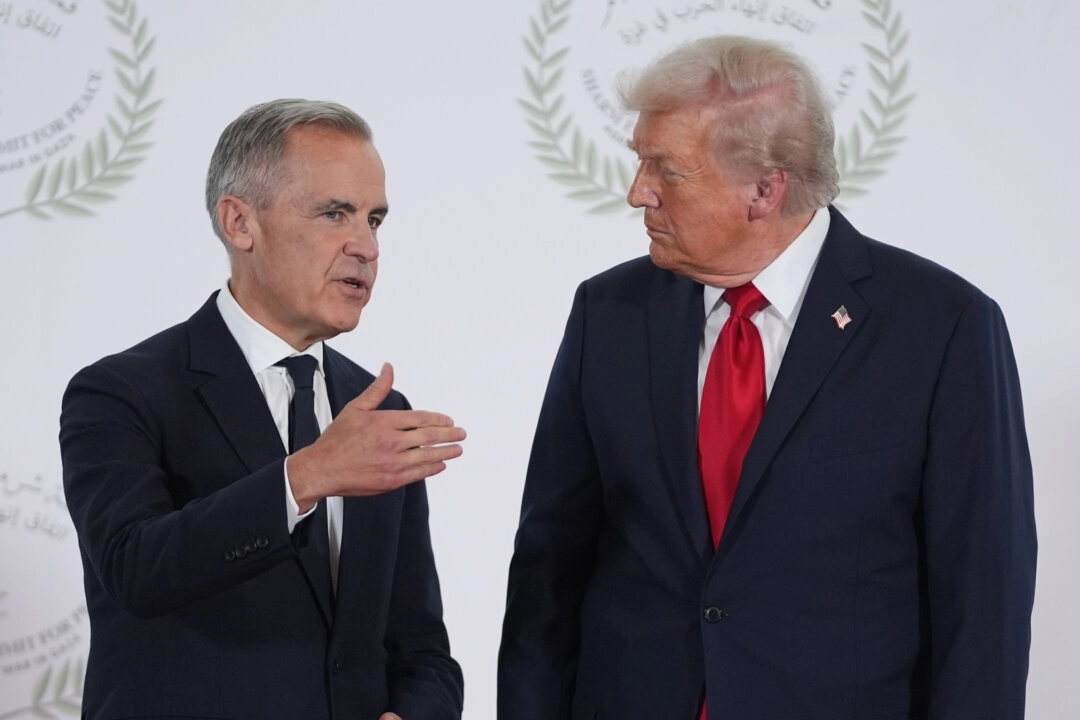
Discussion